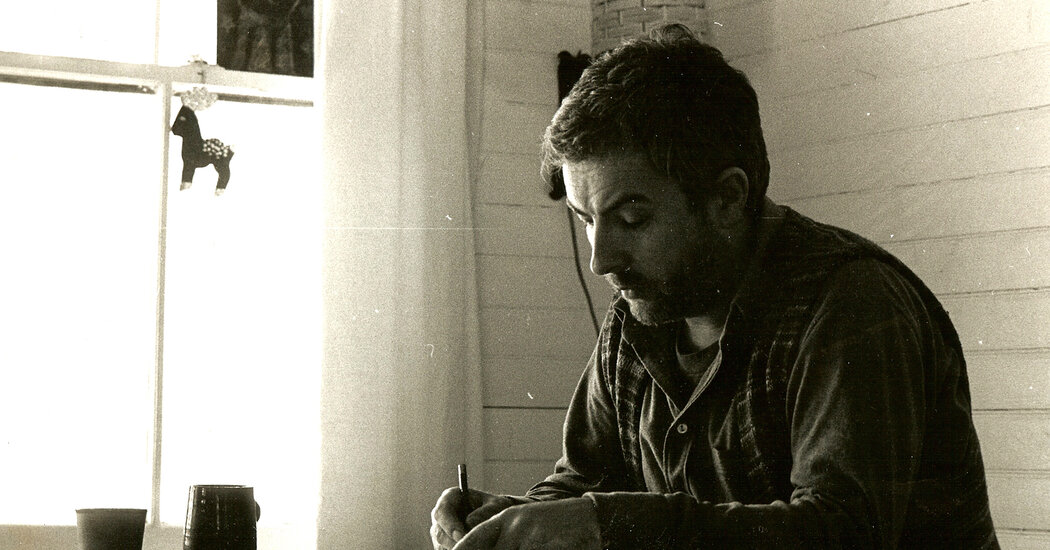
Mr. Berger was born on March 30, 1935, in Heidelberg, Germany. He began studying classical piano at 10, but at 14 he heard a jazz jam session that made him decide to play his own music. In 1953, he joined a group that included Ms. Sertso, whom he would soon marry. She survives him along with their daughter, Savia.
In the 1950s, as the house pianist at the Heidelberg club Cave 54, Mr. Berger learned modern jazz in late-night jams with American musicians from military bands stationed nearby. He earned a Ph.D. in musicology and philosophy in Germany in 1963 and held philosophy professorships at two universities in Germany. But by the mid-1960s he had turned to music.
He moved to Paris and joined a group led by the trumpeter Don Cherry, who had been learning world-music melodies from shortwave radio broadcasts. In 1966, Mr. Cherry invited Mr. Berger to New York City to play on “Symphony for Improvisers,” a landmark free-jazz album.
Mr. Berger made his debut album as a leader, “From Now On,” in 1967, and recorded with Mr. Cherry and others in the late 1960s. He went on to make more than two dozen albums as a leader and many others as a sideman. His lean, linear, freely melodic vibraphone playing repeatedly made him the top vibraphonist in the Down Beat magazine musicians’ poll.
In 1971, Mr. Berger started the Creative Music Foundation with Ms. Sertso, Mr. Coleman and an advisory board that included John Cage, Gil Evans, Buckminster Fuller and Willem de Kooning. He moved to Woodstock in 1972 and inaugurated the Creative Music Studio, which settled into a nearby mountain lodge with residences and performance spaces.
Leading musicians including Mr. Braxton, Mr. DeJohnette, Cecil Taylor and Dave Holland joined students in improvising groups. More than 550 performances were recorded and later digitized for an archive that was purchased by the Columbia University Library in 2012.













